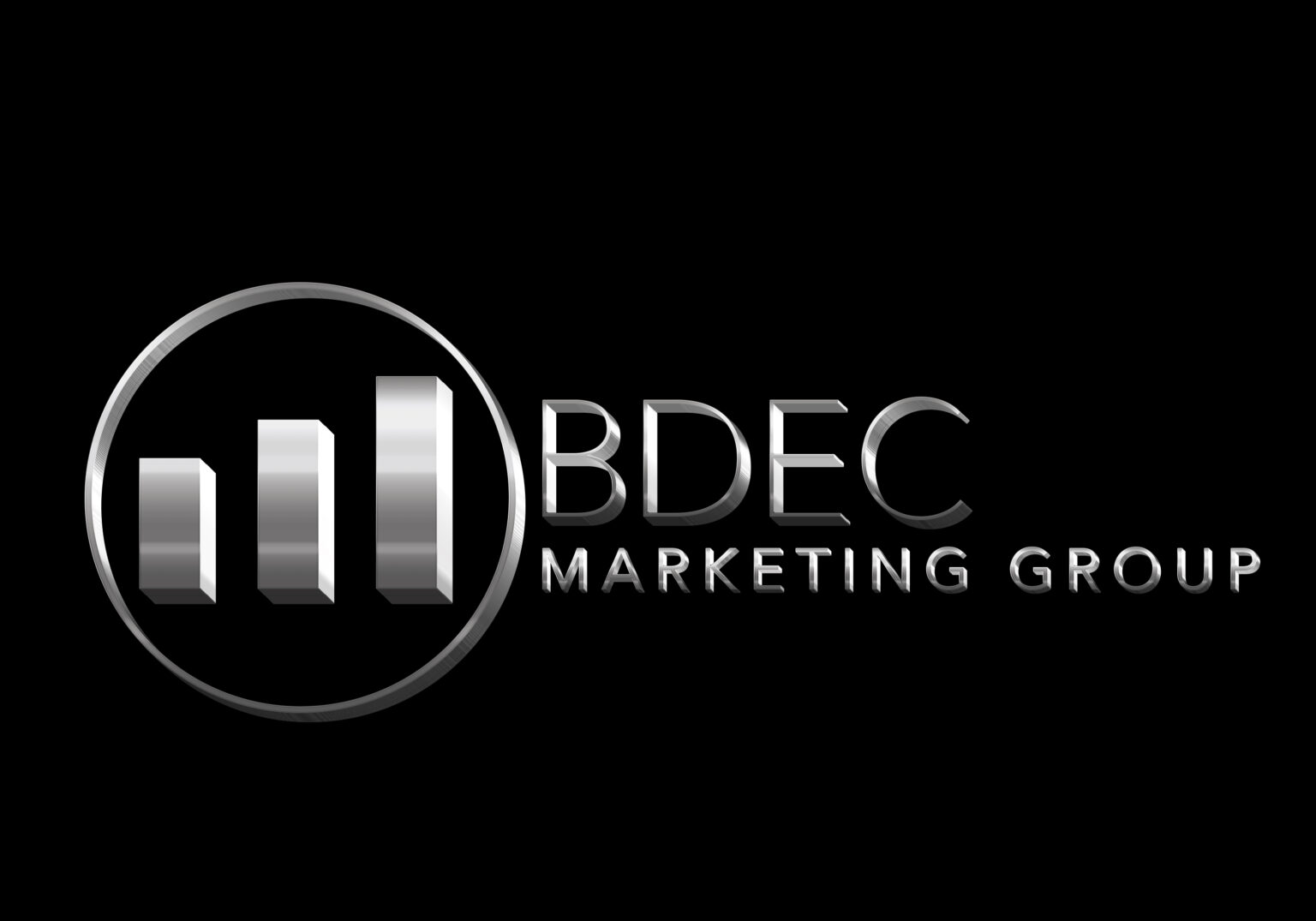It’s not enough to be an excellent attorney; you also need to be a savvy marketer. Legal marketing has evolved significantly over the years and it’s essential for lawyers and law firms to embrace innovative strategies to stand out in a crowded field. This blog will explore the basics of legal marketing, offering insights and tips to help legal professionals build a strong online presence, connect with their target audience, and ultimately, grow their practice. If you’re a lawyer looking to take your practice to the next level, keep reading, and don’t forget to book a free consultation at the end to explore how these principles can work for you.
Understanding Legal Marketing
Legal marketing, in its simplest terms, refers to the strategies and activities that lawyers and law firms use to promote their services and attract clients. However, it’s much more than just running advertisements or having a website. Effective legal marketing involves a deep understanding of the legal profession, your target audience, and the ever-changing digital landscape.
Defining Your Brand
The foundation of any successful legal marketing strategy is a strong and well-defined brand. Your brand is more than just a logo and a catchy slogan; it encompasses your firm’s values, mission, and unique selling points. Identifying what sets your practice apart from the competition is crucial. Do you specialize in a particular area of law? Do you have a unique approach to client service? Your brand should reflect what makes your legal practice exceptional.
Know Your Audience
To effectively market your legal services, you need to know your target audience. Understanding their needs, preferences, and pain points will enable you to tailor your marketing efforts to address their specific concerns. Consider the demographics and psychographics of your ideal clients. Are they individuals seeking personal injury lawyers, or are they businesses looking for corporate law advice? Knowing your audience allows you to create content and messaging that resonates with them.
Building an Online Presence
In the digital age, your online presence is often the first impression potential clients will have of your legal practice. Building a robust online presence includes:
1. A Professional Website
Your website serves as your digital office, and it should be professional, user-friendly, and informative. Ensure it provides essential information about your services, your team, and your contact details. Keep the design clean and mobile-friendly to accommodate users on various devices.
2. Search Engine Optimization (SEO)
Optimizing your website for search engines is crucial to ensure it appears in relevant search results. Conduct keyword research to determine what potential clients are searching for and create content around those keywords. This will help improve your website’s visibility and drive organic traffic.
3. Content Marketing
Content is king in the digital world. Regularly publish high-quality, informative, and relevant content on your website’s blog. This not only showcases your expertise but also helps with SEO. Consider creating content that addresses common legal questions or concerns your target audience might have.
4. Social Media
Utilize social media platforms to engage with your audience and share your expertise. Platforms like LinkedIn and Twitter are excellent for professional networking and sharing legal insights. Facebook and Instagram can be useful for more personal injury or family law-focused practices.
Email Marketing
Email marketing is a cost-effective way to nurture client relationships and stay top-of-mind. Build an email list and send out newsletters, legal updates, and other valuable content to keep your clients informed and engaged.
Online Reviews
Online reviews and ratings are crucial in building trust with potential clients. Encourage satisfied clients to leave positive reviews on platforms like Google, Yelp, and Avvo.
Pay-Per-Click (PPC) Advertising
If you want to drive immediate traffic to your website, consider investing in PPC advertising. Platforms like Google Ads can help you target specific keywords and demographics to reach potential clients.
Staying Ethical in Legal Marketing
Legal marketing must adhere to a strict code of ethics to maintain the integrity of the legal profession. Lawyers should avoid any deceptive or misleading advertising practices. Ensure your marketing efforts comply with the rules and regulations set by your local bar association or law society.
The Power of Networking
While digital marketing is essential, don’t underestimate the value of traditional networking. Building strong professional relationships with other lawyers and legal professionals can lead to referrals and collaborative opportunities. Attend legal conferences, join bar associations, and participate in local community events to expand your network.
The Importance of Tracking and Analytics
Legal marketing is an ongoing process that requires consistent effort and adaptation. To know what’s working and what needs improvement, you must track your marketing efforts. Use analytics tools to monitor website traffic, conversion rates, and the effectiveness of your online campaigns. Regularly review these metrics to make data-driven decisions and optimize your strategy.
Encouraging Client Reviews
Positive reviews are powerful tools in legal marketing. Satisfied clients can be your best advocates. Encourage them to leave reviews on relevant platforms and share their experiences. Client testimonials add credibility and build trust.
Navigating the World of Legal Directories
Legal directories, such as Avvo, Martindale-Hubbell, and Lawyers.com, are essential platforms for legal professionals to establish their presence. Ensure your profiles are up-to-date and accurate, and consider seeking peer endorsements to boost your credibility on these platforms.
The Future of Legal Marketing
As technology and consumer behavior continue to evolve, so does legal marketing. Embracing emerging trends, such as artificial intelligence, chatbots, and virtual consultations, can give you a competitive edge in reaching and serving clients. Staying up to date with the latest marketing tools and techniques is crucial to remain relevant and successful in the industry.
Book a Free Consultation Today
Legal marketing is a multifaceted endeavor that requires a deep understanding of your brand, your target audience, and the digital landscape. By defining your brand, building an online presence, and adhering to ethical guidelines, you can effectively market your legal services and grow your practice.
As you embark on your legal marketing journey, remember that it’s an ongoing process. The strategies mentioned in this blog can serve as a strong foundation, but your efforts should be adapted and refined over time. To discuss how these principles can work specifically for you and your practice, we invite you to book a free consultation with our experienced legal marketing team today. We’re here to help you navigate the intricacies of legal marketing and achieve your professional goals. Don’t miss this opportunity to take your practice to the next level. Contact us now, and let’s embark on this exciting journey together.




